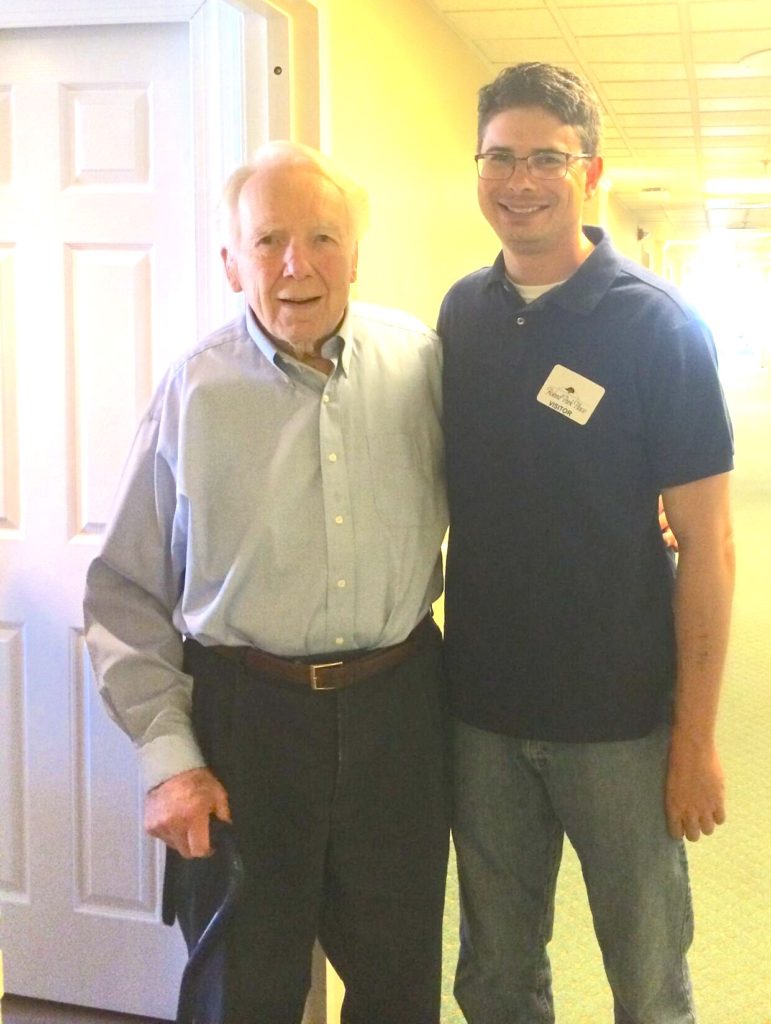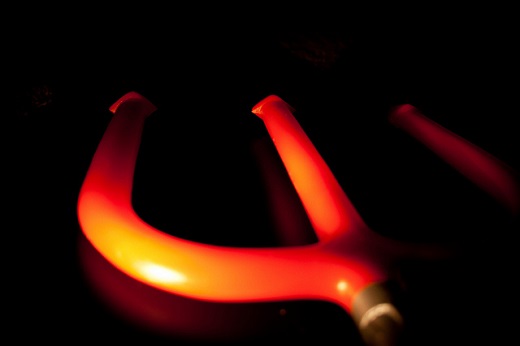RJ GAUDET & ASSOCIATES L.L.C.
"Let us realize the arc of the moral universe is long but it bends toward justice."
Dr. Martin Luther King, Jr.
Archive for the ‘Public Justice’ Category
Heaven, Hell and The U.S. Chamber: 13 Years of Anti-Judicial Propaganda
By Arthur Bryant
Chairman, Public Justice
The U.S. Chamber of Commerce’s Institute for Legal Reform just released the latest version of the propaganda piece it started publishing in 2002. Entitled “2015 Lawsuit Climate Survey: Ranking the States,” the report summarizes the answers of a “nationally representative sample of 1,203 in-house general counsel, senior litigators or attorneys, and other senior executives who are knowledgeable about litigation matters at companies with annual revenues over $100 million” who responded to what it calls a “survey.” The so-called “survey” does not, however, show what these people really think. Everyone taking it knows that its purpose is – as it has been for the past 13 years – to give big business a basis to smear state court systems that aren’t pro-business enough as “judicial hellholes” and push all state courts to limit corporate liability for wrongdoing.
Even so, the answers provide some extraordinary information.
First, Corporate America’s representatives say that state courts are increasingly better for them. Consumer, worker, environmental, and civil rights advocates would agree. As the report says, in the 13 years since the so-called survey began, “there has been a general increase in the overall average score” given to state court systems by lawyers for big business – “and this trend continues with the 2015 survey.”
“From 2002-2006,” the report finds, “the overall score averaged approximately 52.9, whereas from 2007-2015, the score averaged approximately 59.6.” Chart 2 of the report gives the details and shows that the score given by big businesses’ lawyers to state court systems has gone up almost every year. In 2003, Corporate America’s lawyers gave the state courts a score of 50.7; in 2015, they gave them a score of 61.7.
Since this is supposed to be the views of one side in an adversarial system, wouldn’t a score close to 50 be ideal? The Chamber’s propaganda campaign (backed by corporate lobbying, campaign donations, and decisions like Citizens United) is plainly working. I understand that, in theory, a system perceived to be fair by all parties should get a score of 100 from everyone but, remember, this was a “survey” taken by specific people of specific people for a specific purpose: to push the state courts in the corporations’ favor. You could reasonably expect a court system that got a score of 100 from these participants to get a score of zero from lawyers trying to hold big businesses accountable for breaking the law.
Second, even in a “survey” designed and taken to show that the state courts are biased against big business, half of Corporate America’s lawyers say the state court liability systems overall are “excellent or pretty good.” Another 41% say the systems overall are “only fair.” I thought the goal was for them to all be “fair.” But perhaps that’s why I’m a public interest lawyer, not a lawyer for big business. Despite the reason for the “survey,” only 8% said the systems overall were “poor” (the last 1% was not sure or declined to answer).
In other words, despite what the “survey” is intended to show, it actually shows that the state court systems overall are viewed by Corporate America’s lawyers as significantly better for big businesses than they are for the people and companies suing them. Can you imagine the cries of bias we would hear if a survey showed legal services, consumer, and workers’ lawyers saying the courts were “excellent or pretty good” for them (much less “only fair”) in lawsuits against big business?
Third, Corporate America’s lawyers give grades between A and F to each of the state court systems and say where they do and don’t like to be sued. In a stunning and continuing display of arrogance, they actually include a map of the “Best to Worst Legal systems in America.” The map was apparently created in Bizarro World. They give As to 14% of the state courts, Bs to 38%, Cs to 27%, and Ds to 11%. In other words, even according to these “survey” respondents, 90% of the state court systems are passing. They give failing grades, Fs, to 5%. The other 5% were not sure or declined to answer. These answers, too, put the lie to Corporate America’s claims that state courts need to be more favorable to them. If anything, they show that many state courts are already far more favorable to big businesses than they are to those trying to hold big businesses accountable.
The “survey” respondents also took the time to tell us which states’ courts are the most, and least, favorable to Corporate America. The top five states, according to them, are Delaware (often called a subsidiary of DuPont), Vermont, Nebraska, Iowa, and New Hampshire. See any states in there with a lot of minorities and poor people who might not look kindly on big corporations abusing their power? The bottom five states, they say, are West Virginia, Louisiana, Illinois, California, and New Mexico. Ask yourself the same question. I question some of these rankings. Most plaintiffs’ lawyers would list the Texas state courts as one of the most pro-business in the nation. But maybe the state’s so big that they don’t want to admit that. The states they rank highest are all fairly small.
If you want to figure out which states have juries most likely to hold big corporations accountable, try reversing the order. These are the states the Chamber of Commerce regularly uses this “survey” to label “judicial hellholes.” In reality, however, a “hellhole” for corporations violating the law may be “heaven” for those seeking justice against businesses that cheat or injure consumers (for more on this, click here).
What we need in America are state and federal court systems that are fair – and biased in no one’s favor. Unfortunately, the Chamber of Commerce’s latest propaganda piece shows we are far from that goal and, for some time, things have been getting worse. Big businesses’ own lawyers say that state court systems have turned increasingly in Corporate America’s favor since the “survey” began.
This needs to stop. Our courts systems need to turn back to being even-handed. That’s the only way justice can be done.
[Reprinted with permission of Mr. Bryant. Mr. Gaudet is a member of Public Justice, the organized chaired by Mr. Bryant.]






